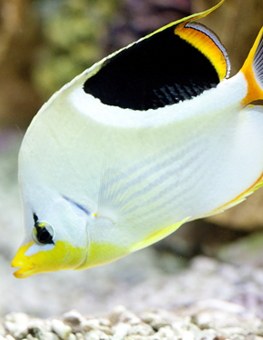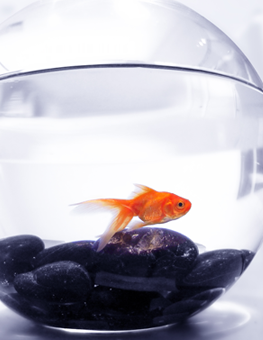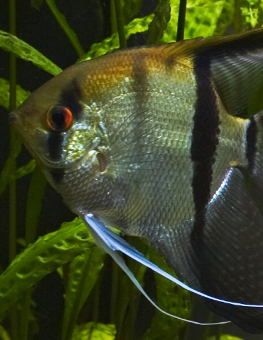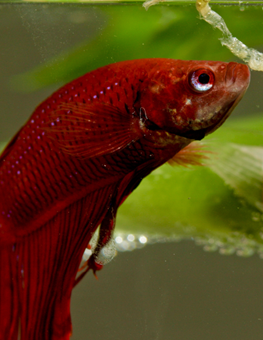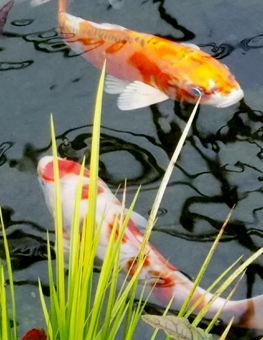Understanding Aggressive Fish
Don’t simply dismiss fish that are aggressive, they may disrupt the peace in your tank.
Many species of fish are naturally aggressive which can lead to problems with attacks on other fish in the tank. That said, this isn’t a reason to avoid these species, though, as many of them are fun, interesting, and intelligent fish that, given the right situation, can add a lot to an aquarium. It’s important to remember certain things about aggressive fish, so that you can avoid any attacks or deaths.
Aggressive Fish Like to Establish Their Own Territory
An aggressive fish will attach itself to your aquarium or a section of your aquarium shortly after being introduced to its new home. It will subsequently defend this piece of territory against all encroachers. Don’t worry, though, as there are ways you can help remedy this tendency.
- Before you add new fish, try to rearrange the landscape of your tank. This will help to nullify any territorial claims and leave all of the fish on equal footing.
- Make sure there are plenty of hiding places in your tank. More aggressive fish will like that they have a defined space to protect. Less aggressive fish will appreciate the opportunity to stay out of sight of the more dominant tank-mates.
- If you are going to have more than one dominant or aggressive fish, try to add them at the same time. This way they will be in equal position to stake a claim to a piece of land.
- Be sure not to overstock your tank. In a crowded environment, an aggressive fish could get out of control. Try to research all of the species that you plan on having to ensure proper tank size.
Aggressive Fish Will Fight for Food
As with territory, many aggressive fish will compete for food and will fight off fish they perceive to threaten their meals. Make sure you spread food evenly throughout the tank when feeding and try to offer a variety of food.
Aggressive Fish are More Likely to Fight With Other Aggressive Fish
Since many aggressive fish perceive themselves to be dominant over their tank, they will fight anyone who threatens this status. Thus, you should try to avoid having two dominant fish in a tank. If you choose to put two together, make sure you add them at the same time, or place a mirror next to the aquarium to distract them from each other. Additionally, consider buying two aggressive fish from the same aquarium, they will have already established their relationship and will be less likely to compete.
Size Differences Exacerbate Aggression
Larger fish tend to be more aggressive, and are especially troublesome to their smaller companions. When you are stocking your tank, try to pick fish that will grow to roughly the same size. This will help reduce the possibility of attacks.
Aggression Can Be a Warning Sign
Some fish become aggressive when they are sick, and others tend to be aggressive towards these sick fish. Whichever the case, when a fish is being aggressive, you should observe him to see if there may be an underlying cause. Helping alleviate that cause could be the key to reducing aggression.




